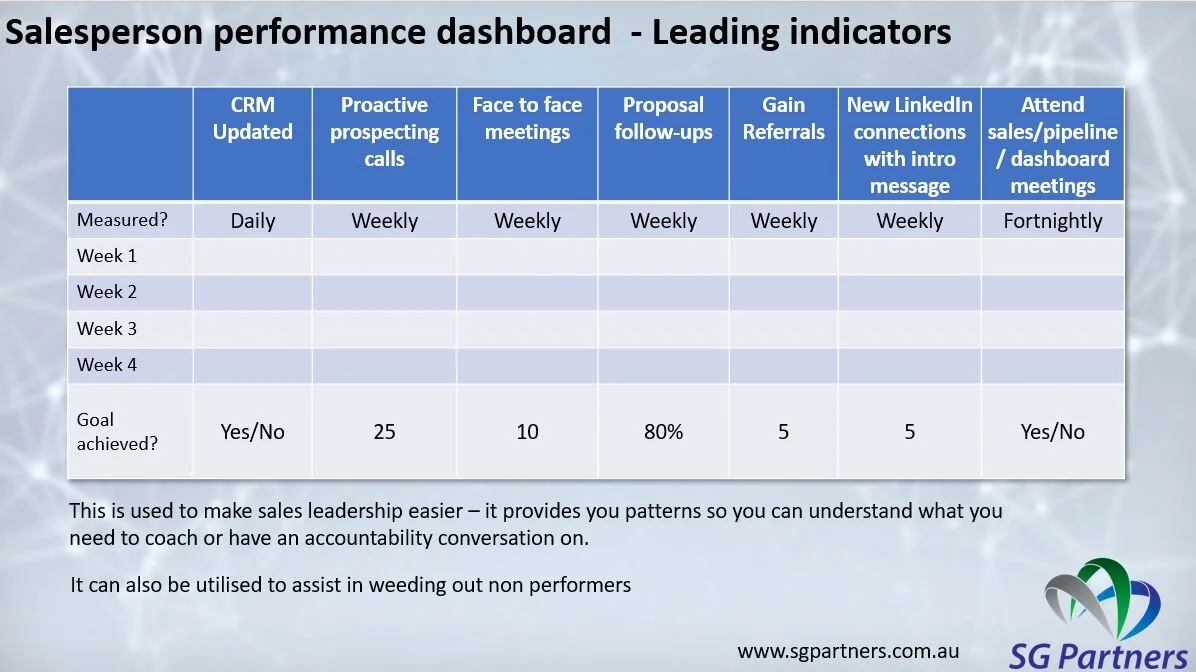As you are a unique human being the internal processing of that experience is unique to you, no-one else will make the same pictures, sounds and feelings.
If you change just two of the words around ‘Jane bit the bird’ the internal representation or experience you have now is entirely different.
If just a few words make that much difference, now reconsider that words are only 7% of the communication. Does it now make sense why communication can so easily be misunderstood?
Often, we are pretty lazy. We usually just conclude:
“They are stupid. They are inflexible. They just don’t listen.”
It’s possible we are right, sometimes, but this kind of labelling won’t help you communicate. It stops your mind from looking for an alternate way of getting your meaning across.
The key is to change the way you approach communication.
Accept that everyone is unique and that this is a great thing. It’s your responsibility to find out how a person experiences the world and then communicate with them accordingly.
There are many ways to do that we talk about in our training and coaching programs. Learn more on how we can help here.



























